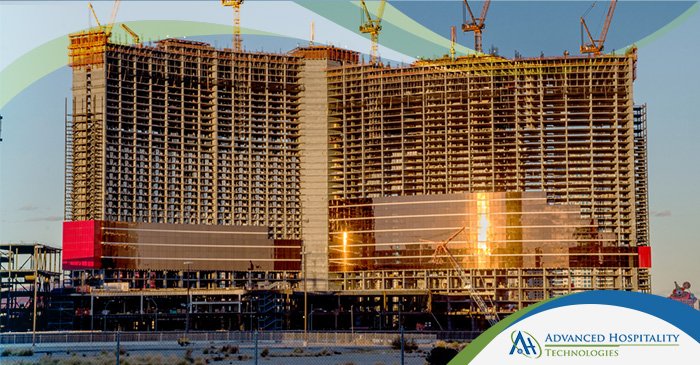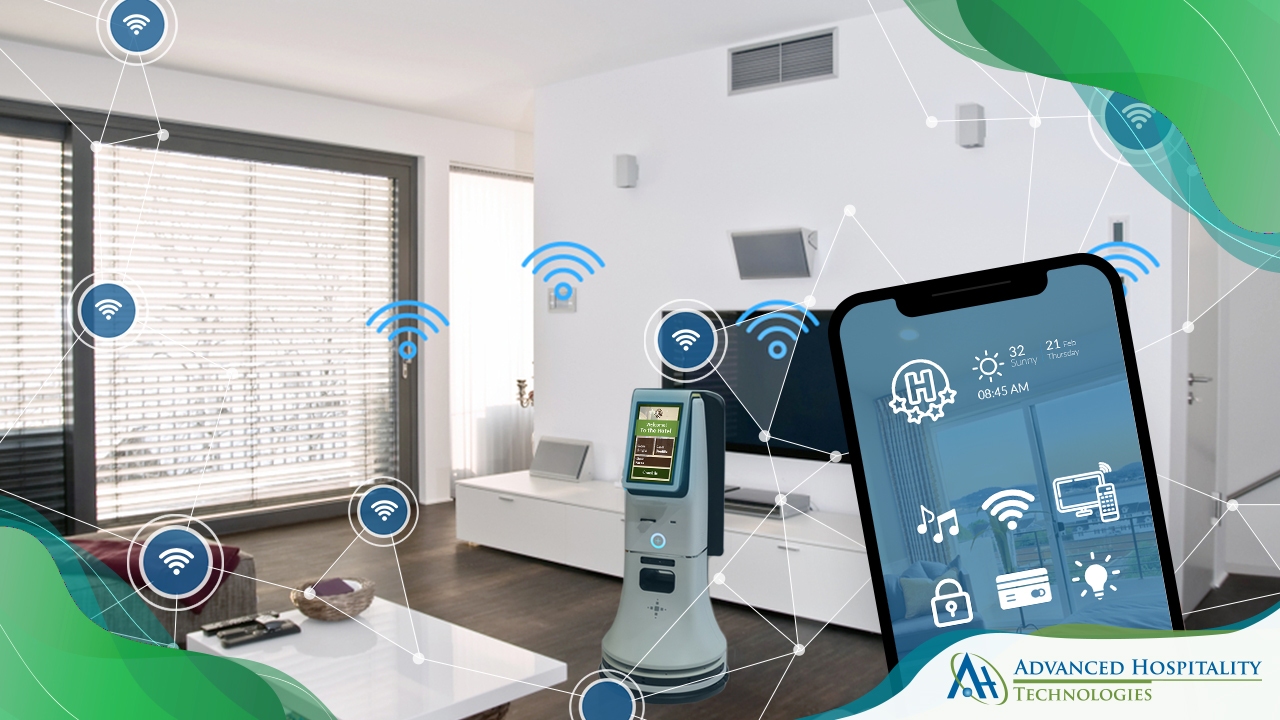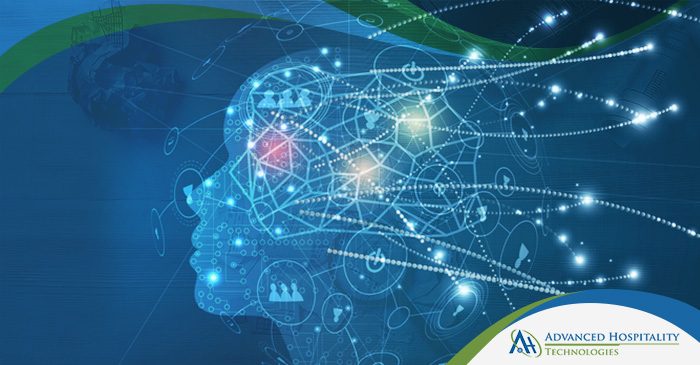Introduction
As technology continues to evolve, the hospitality industry is rapidly adopting smart tools to improve guest experience and operational efficiency. From automated room controls to AI-powered chatbots, smart hotel technology offers a range of features designed to streamline operations and enhance guest satisfaction. However, the success of these innovations largely depends on the people who operate them. Trained staff are crucial to unlocking the full potential of these technologies. Without proper staff training, hotels may struggle to reap the full benefits of their technological investments.
In this blog, we will explore the importance of staff training and why a well-trained team is the key to achieving optimal results.
Understanding Smart Hotel Technology
Smart hotel technology refers to advanced tools and devices that automate processes and offer personalized services to guests. These technologies include AI-powered chatbots, digital room controls, mobile check-ins, and smart security systems. Each of these tools is designed to improve the guest experience by making hotel services more accessible, efficient, and customized.
How Smart Technology Enhances Guest Experience
For hotel guests, smart technology means more control and convenience. Guests can use mobile apps to check in, adjust the temperature or lighting in their rooms, and even request room service at the touch of a button. AI-based chatbots can assist guests 24/7, answering questions, processing bookings, and providing recommendations based on guest preferences.
However, these systems are only as effective as the people managing them. Staff training is essential to ensure that employees are familiar with these technologies, can assist guests in using them, and are prepared to handle any technical difficulties that may arise.
The Role of Technology in Streamlining Hotel Operations
Smart hotel technology also plays a significant role in improving operational efficiency. Automated housekeeping schedules, digital key cards, and inventory management systems help reduce the workload for staff, allowing them to focus on more critical tasks, such as delivering exceptional customer service.
Yet, these systems need human oversight. Without trainedstaff who understand how to manage and maintain these technologies, hotels may face operational challenges and even guest dissatisfaction.
Why Staff Training is Essential for Smart Technology Adoption
Investing in smart hotel technology is only the first step. The true value of these tools can only be realized if the hotel staff is well-equipped to operate them. Proper staff training ensures that employees are confident in their ability to use technology, troubleshoot issues, and enhance the guest experience.
Enhancing Guest Support
Guests rely on hotel staff to assist them with any questions or concerns about smart devices. If guests encounter difficulties with digital room controls or mobile check-ins, they expect quick and effective support. Trained staff can resolve these issues efficiently, ensuring that the guest experience is not disrupted.
Without proper staff training, employees may struggle to provide adequate assistance, leading to guest frustration and potentially negative reviews. Well-trained staff, on the other hand, can quickly resolve issues, creating a seamless and positive experience for guests.
Improving Operational Efficiency
Smart technology is designed to streamline hotel operations, but it requires human input to function optimally. For example, automated housekeeping schedules may need manual adjustments based on guest preferences or unexpected changes in bookings. Trained staff are better equipped to manage these systems, ensuring that operations run smoothly.
In addition, trained employees can identify and resolve minor technical issues before they escalate into significant problems, reducing downtime. By empowering staff with the skills to manage technology effectively, hotels can maximize efficiency and ensure that guests receive top-quality service.
The Long-Term Benefits of Continuous Staff Training
While initial staff training is essential, ongoing education is equally important. As technology continues to evolve, hotels must ensure that their employees are up-to-date with the latest tools and features. Continuous staff training helps employees stay informed about new technological advancements and prepares them to adapt to future changes.
Staying Competitive in the Industry
The hospitality industry is highly competitive, and staying ahead requires not only adopting the latest technology but also having a well-trained team to manage it. Hotels that prioritize staff training gain a competitive edge by ensuring that their employees can operate new technologies efficiently and provide superior guest service.
Trained staff can also take advantage of the full range of features offered by smart hotel technology, such as personalized guest services and dynamic pricing strategies. This allows hotels to differentiate themselves in the market and attract more tech-savvy guests.
Reducing Operational Costs and Increasing Revenue
Well-trained staff can help reduce operational costs by optimizing the use of smart technology. For example, employees who are familiar with energy-saving smart devices can adjust room settings to minimize energy consumption, reducing utility costs. Similarly, staff who understand how to use automated booking systems and AI-driven marketing tools can contribute to higher occupancy rates and increased revenue.
In addition, trained staff can identify opportunities to upsell services, such as premium room upgrades or personalized experiences. By investing in staff training, hotels can achieve long-term cost savings and maximize their return on investment in technology.
Training as a Key to Seamless Technology Integration
Introducing new technology into hotel operations can be challenging, especially for employees who may not be familiar with the tools. However, proper staff training can make the transition smoother and more successful.
Ensuring a Smooth Transition
When new technology is introduced, there is often a learning curve for both staff and guests. By providing comprehensive staff training before implementing the technology, hotels can ensure that employees are prepared to handle any challenges that arise.
Trained staff are more likely to feel confident in using the technology and can assist guests with any questions or issues. This reduces the likelihood of operational disruptions and ensures that guests enjoy a seamless experience from the moment they arrive.
Building a Culture of Continuous Learning
Hotels that prioritize staff training create a culture of continuous learning, where employees are encouraged to develop new skills and stay informed about industry trends. This not only improves staff morale but also ensures that the hotel remains at the forefront of technological advancements.
When employees feel empowered through training, they are more likely to embrace new technology and find creative ways to use it to improve the guest experience. This leads to higher job satisfaction, better guest interactions, and ultimately, a more successful hotel operation.
Conclusion: The Role of Trained Staff in Maximizing Technology
In the age of smart technology, the success of hotels relies not just on the tools they adopt but on the people who operate them. Staff training is the key to unlocking the full potential of smart hotel technology.
By investing in trained staff, hotels can enhance guest support, improve operational efficiency, and gain a competitive edge in the industry. Continuous training ensures that employees stay up-to-date with the latest advancements, contributing to the long-term success of the hotel.
Ultimately, technology is only as effective as the people who use it. By prioritizing staff training, hotels can ensure they are well-positioned to achieve maximum value from their technological investments.




